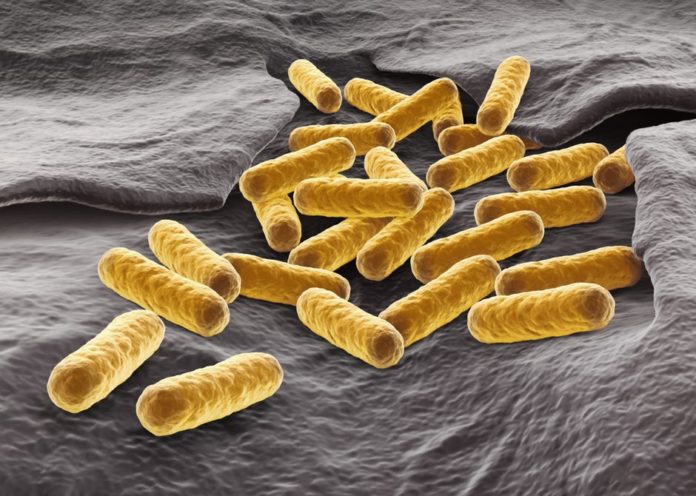Biofuel now is a key to greener, more environmentally sound energy, transportation and product options. Various scientists are finding ways to produce biofuel for future use.
Similarly, an engineer at Washington University in St. Louis has developed a bacteria. This new biofuel product also matches current engines better than previously produced biofuels.
Fuzhong Zhang’s, associate professor at the School of Engineering & Applied Science, exploration concentrates on building metabolic pathways that, when enhanced, enable the microbes to go about as a biofuel generator.
In his new research, used the best bits of several other species — including a well-known pathogen — to enable E.coli to produce branched, long-chain fatty alcohol (BLFL), a substance that can be used as a freeze-resistant, liquid biofuel.
Zhang said, “My lab is interested in developing microbial biosynthetic processes to make biofuels, chemicals, and materials with tailored structures and properties.”
“Previously, we engineered E.coli to produce a precursor compound that leads to the production of advanced biofuels. In this work, we took the next step toward the actual manufacture.”
“We designed and then constructed a synthetic metabolic pathway inside the fast-growing E.coli by introducing genes from other species, including Staphylococcus aureus, cyanobacteria, and soil bacteria.”
“By using CRISPR, we incorporated genes from different species with favorable traits into E.coli’s fatty acid pathway.”
Scientists observed that the staph was especially useful to tackle a typical issue when producing biofuel: The destructive pathogen could consolidate branches into its lipid. These branch structures drastically bring down the softening temperature of lipids and change long-chain greasy liquor from a waxy substance to a fluid that can be better utilized as a fuel under frosty climates.
Coordinating the distinctive species’ qualities into E.coli additionally yielded another outcome: Normally, E.coli can’t create any extended lipid all alone, however with the built metabolic pathway, 75 percent of the E. coli delivered biofuels is fanned.
Scientists are further planning to engineer metabolic pathway into a more industrial-relevant microbial host.
